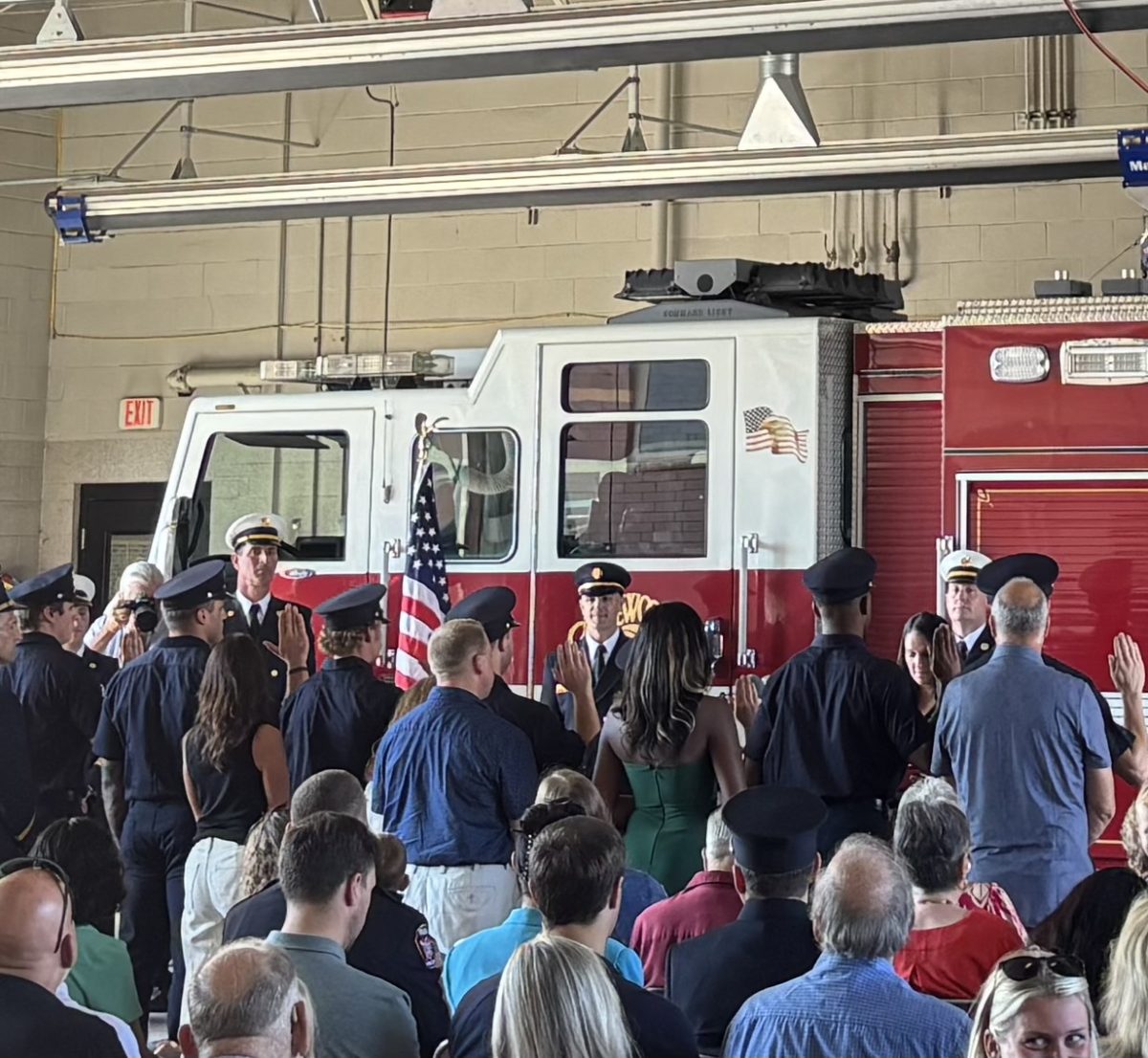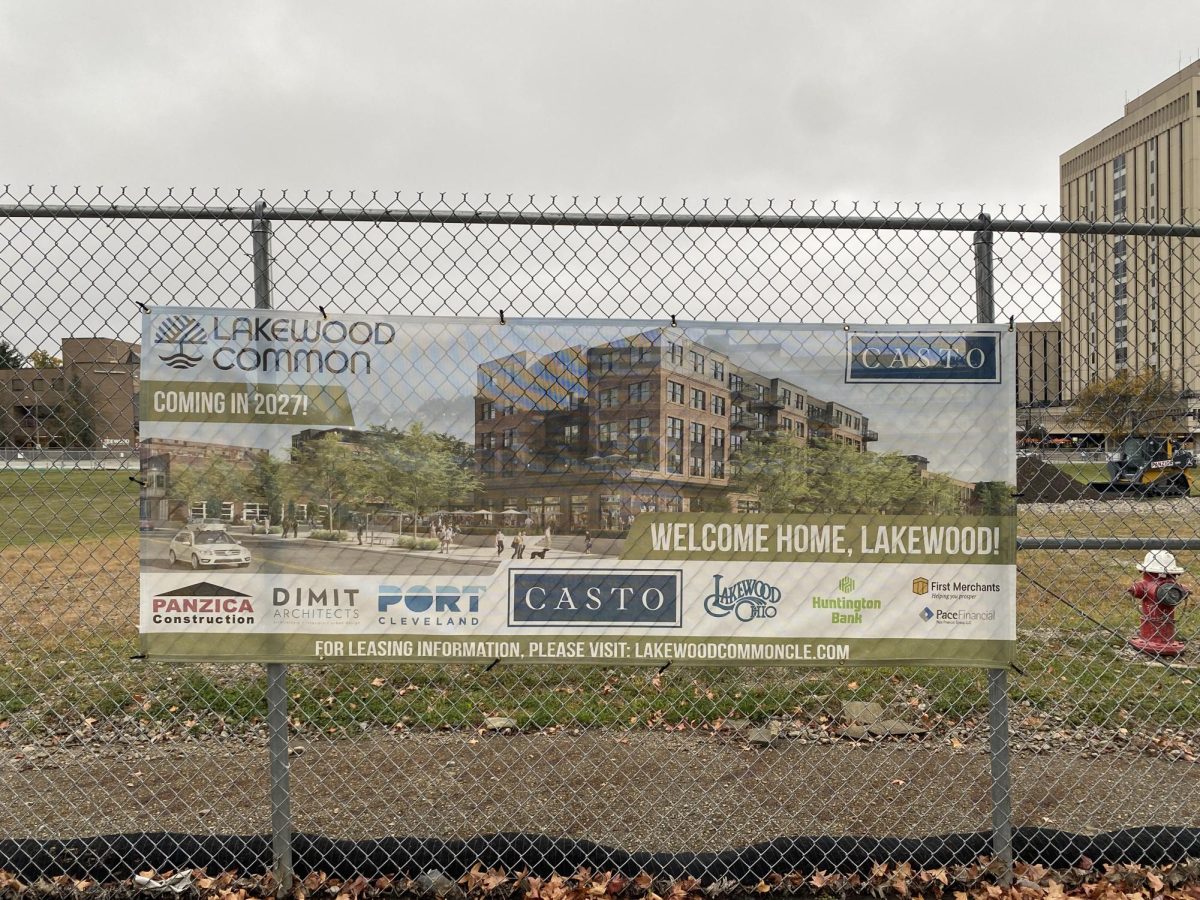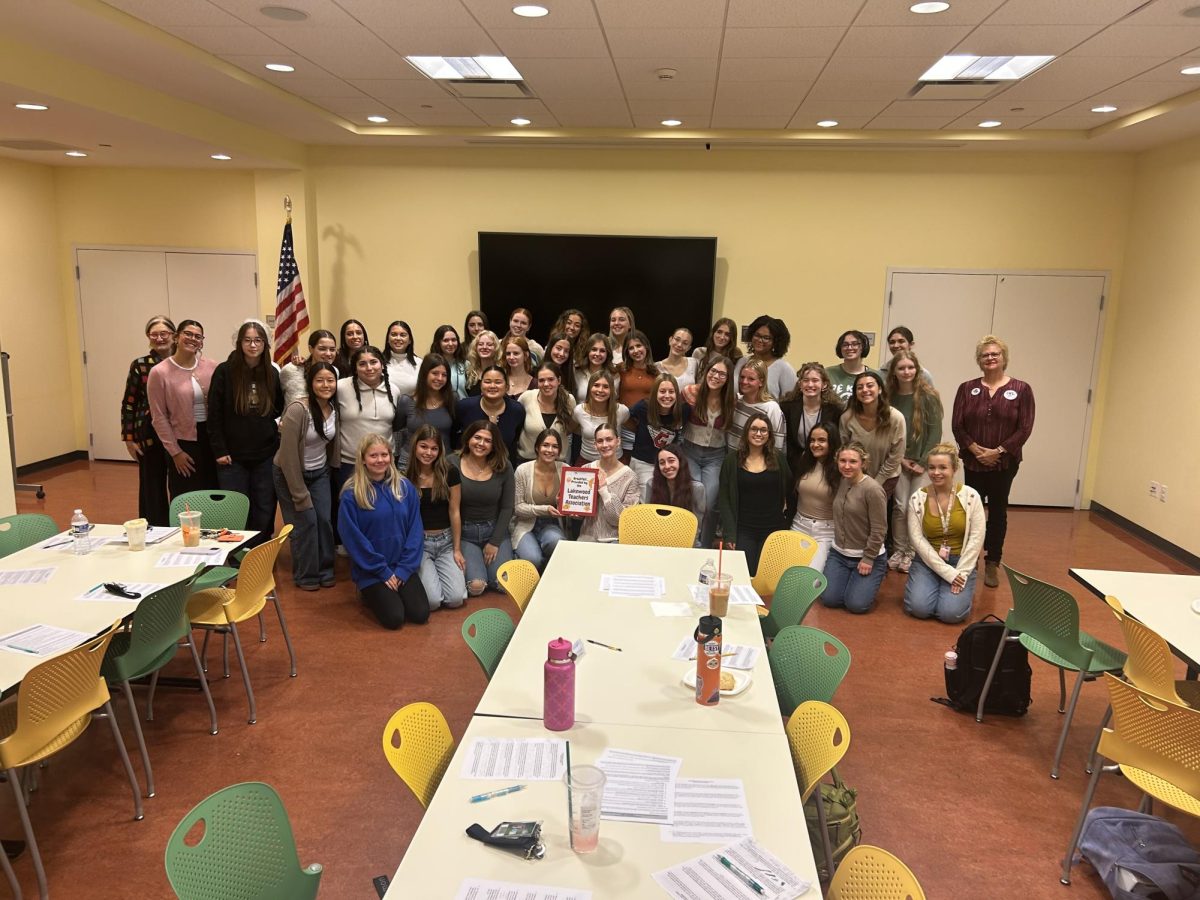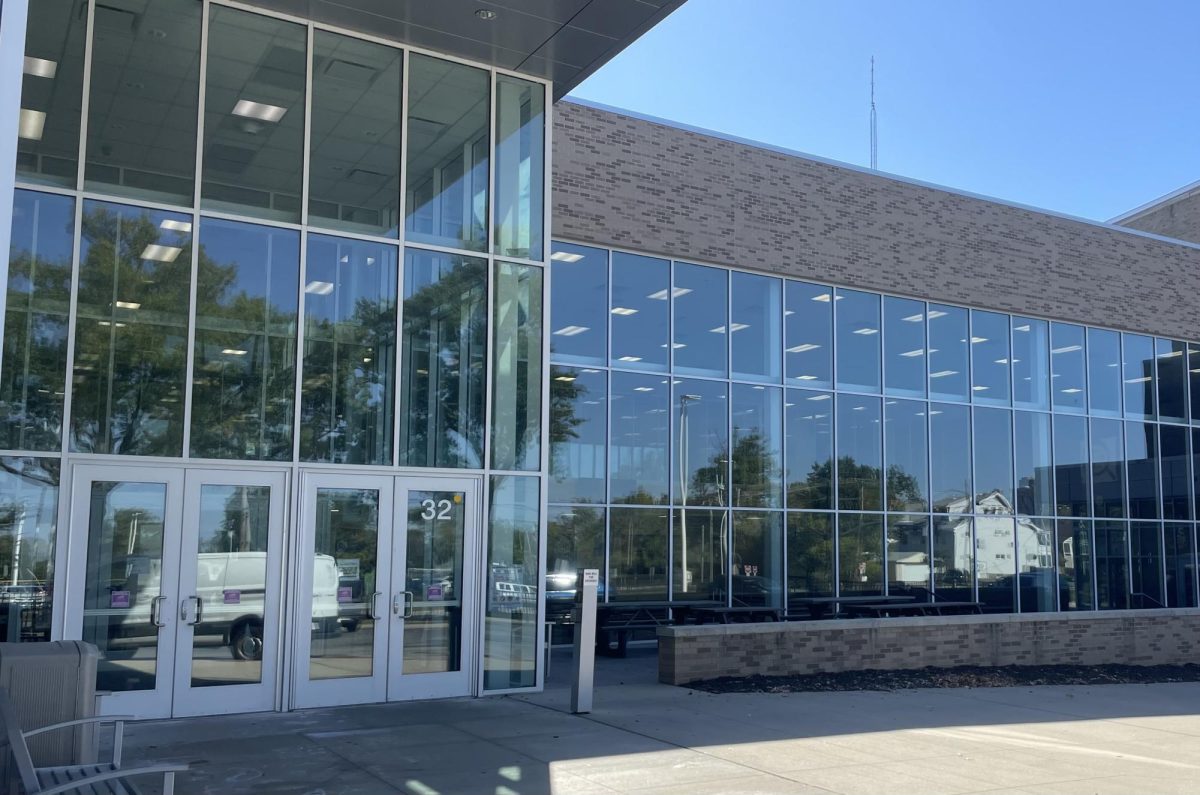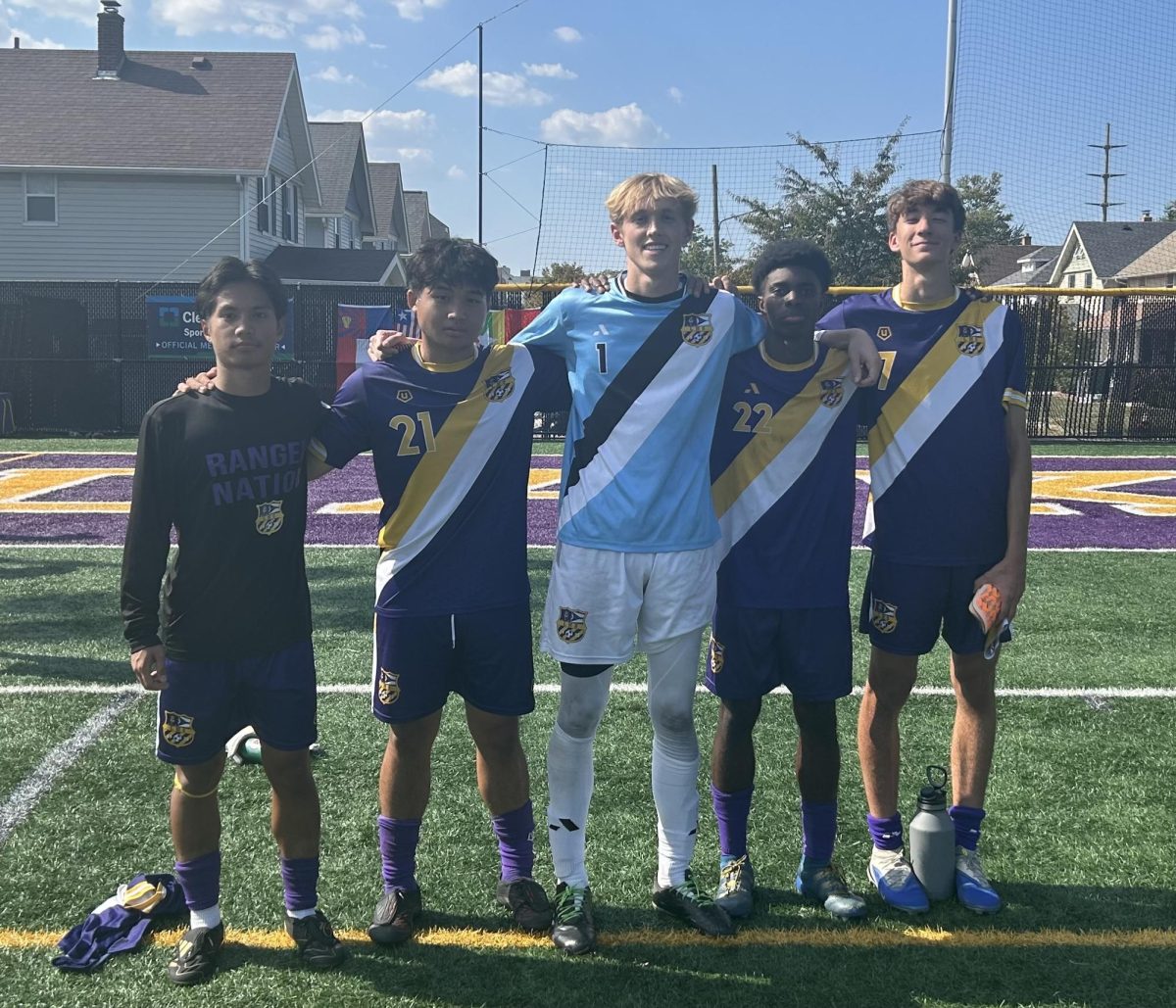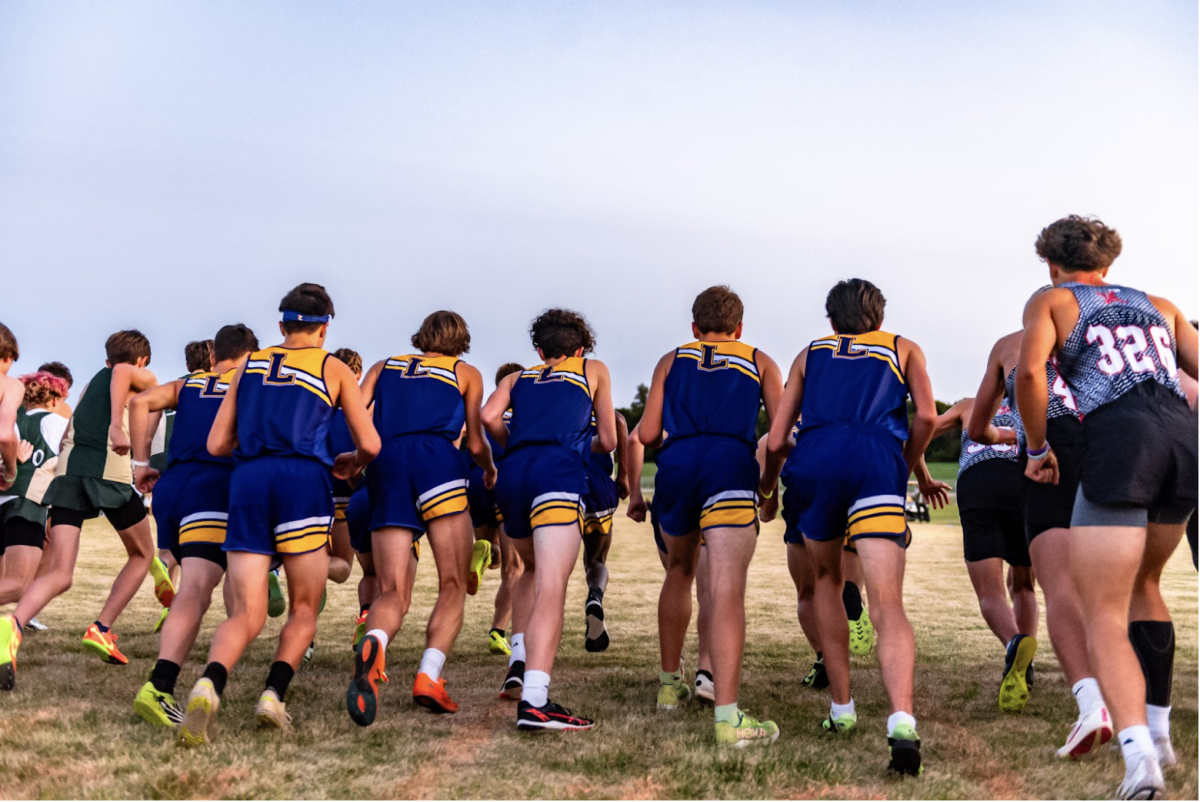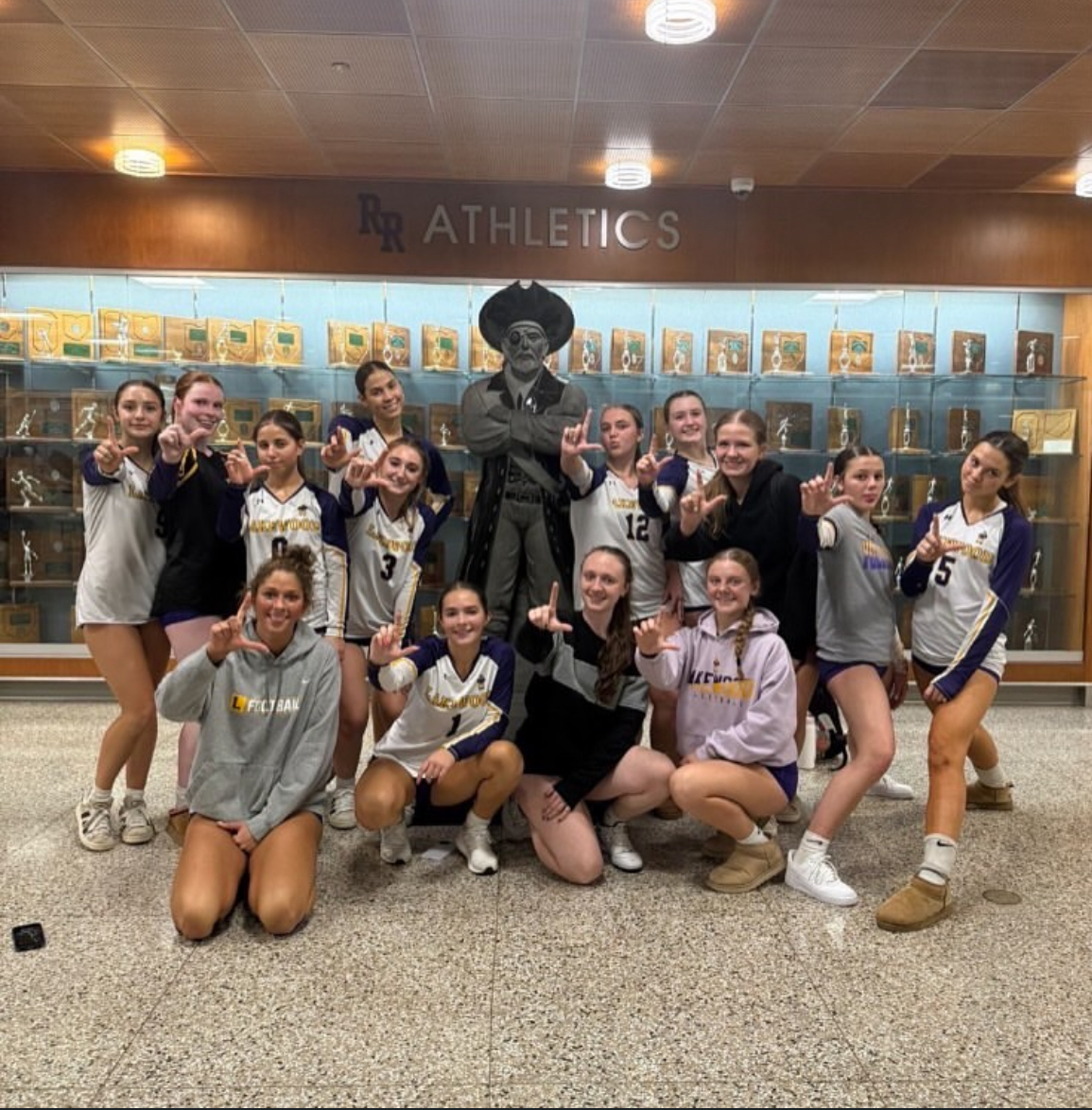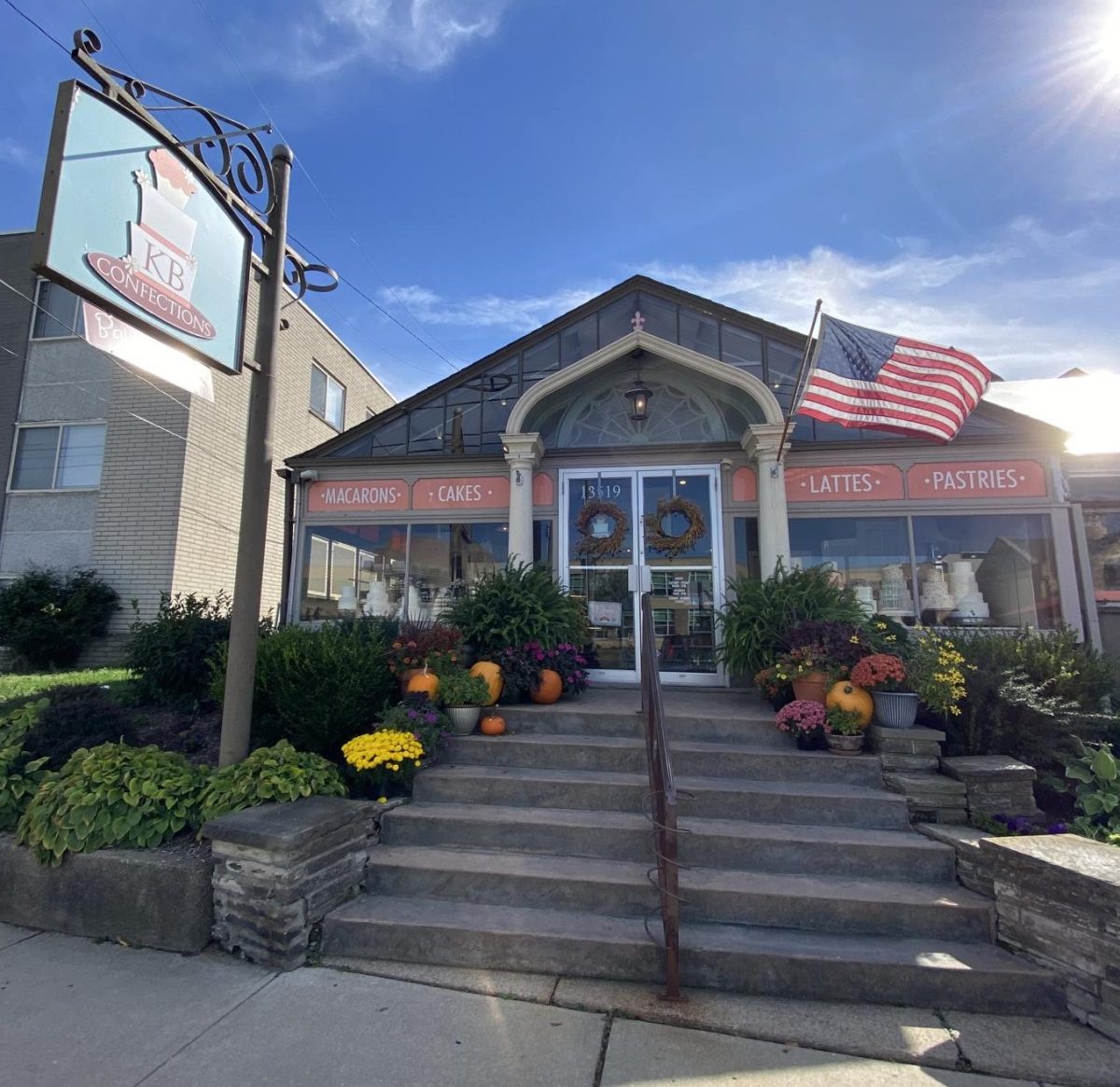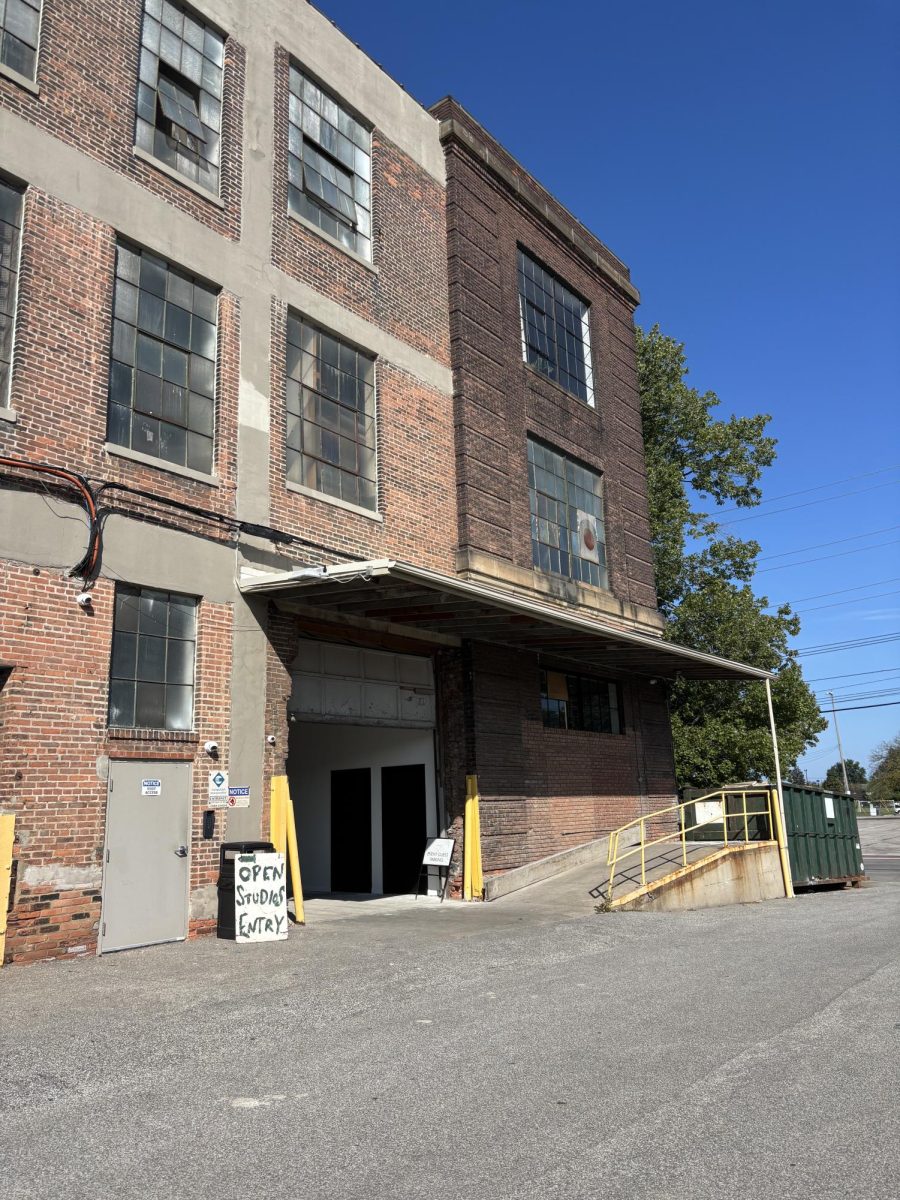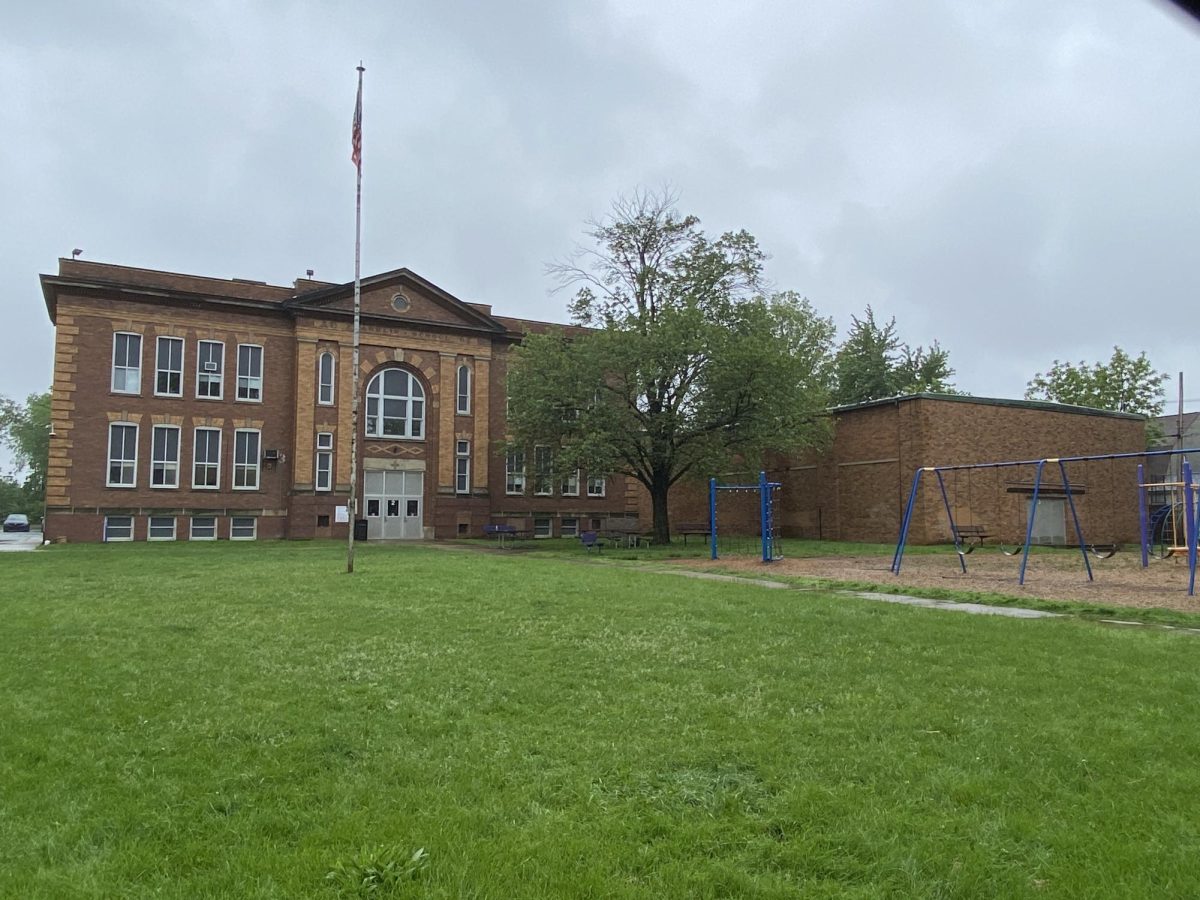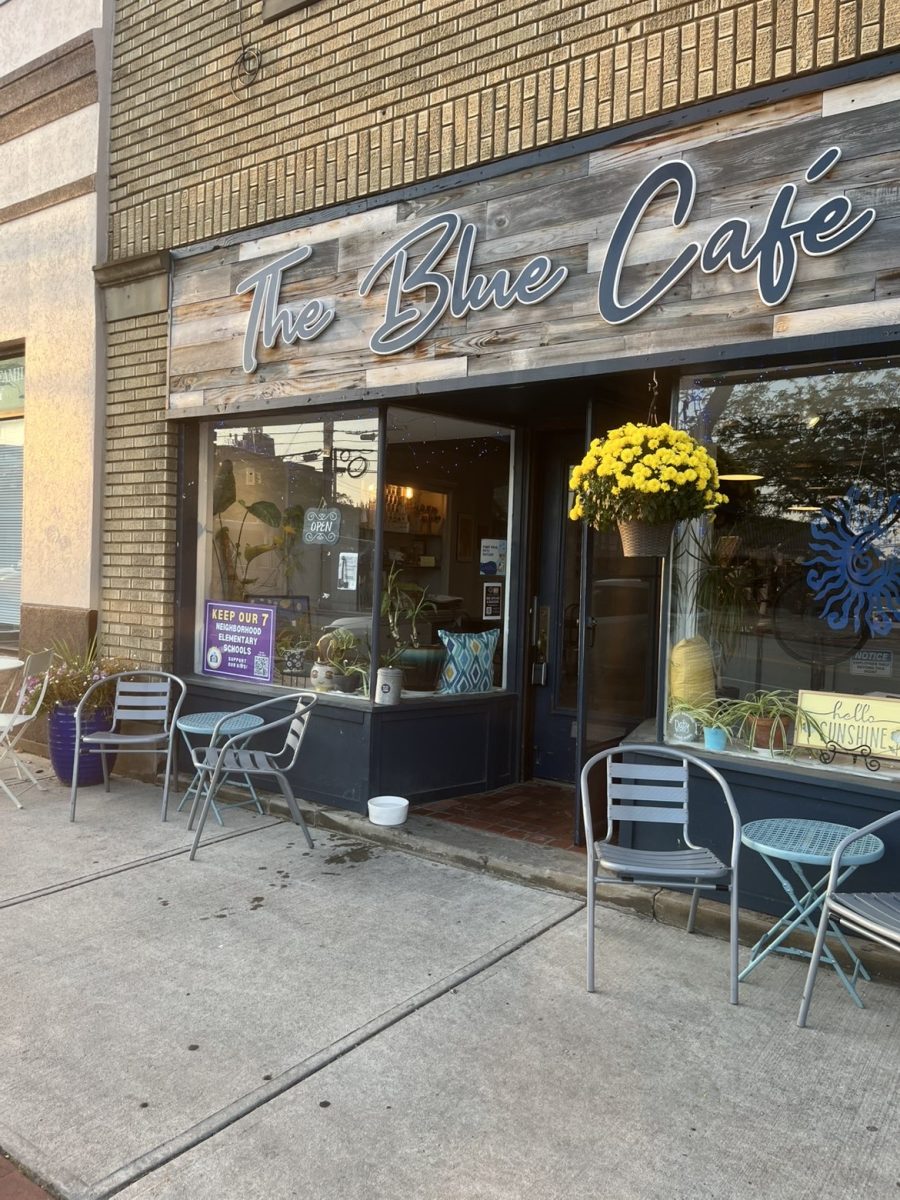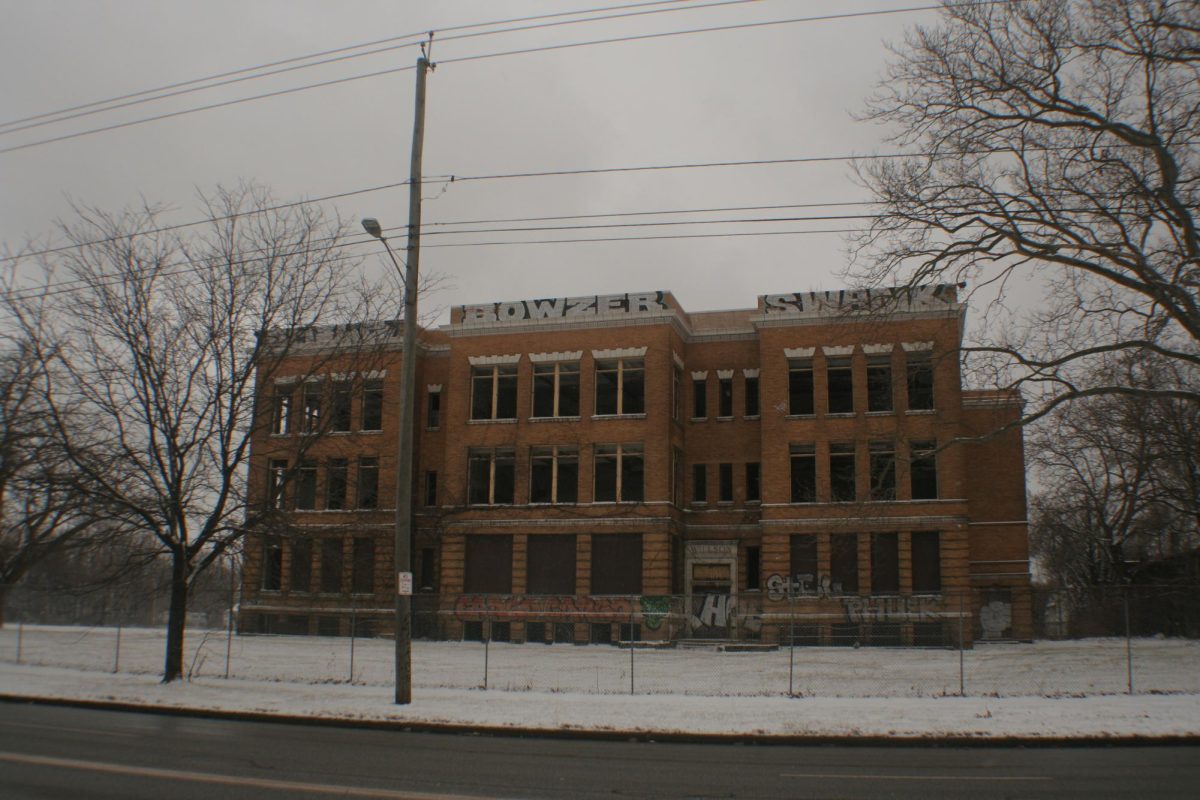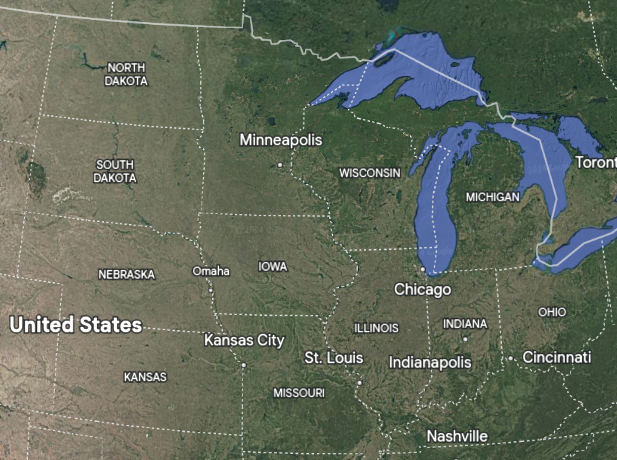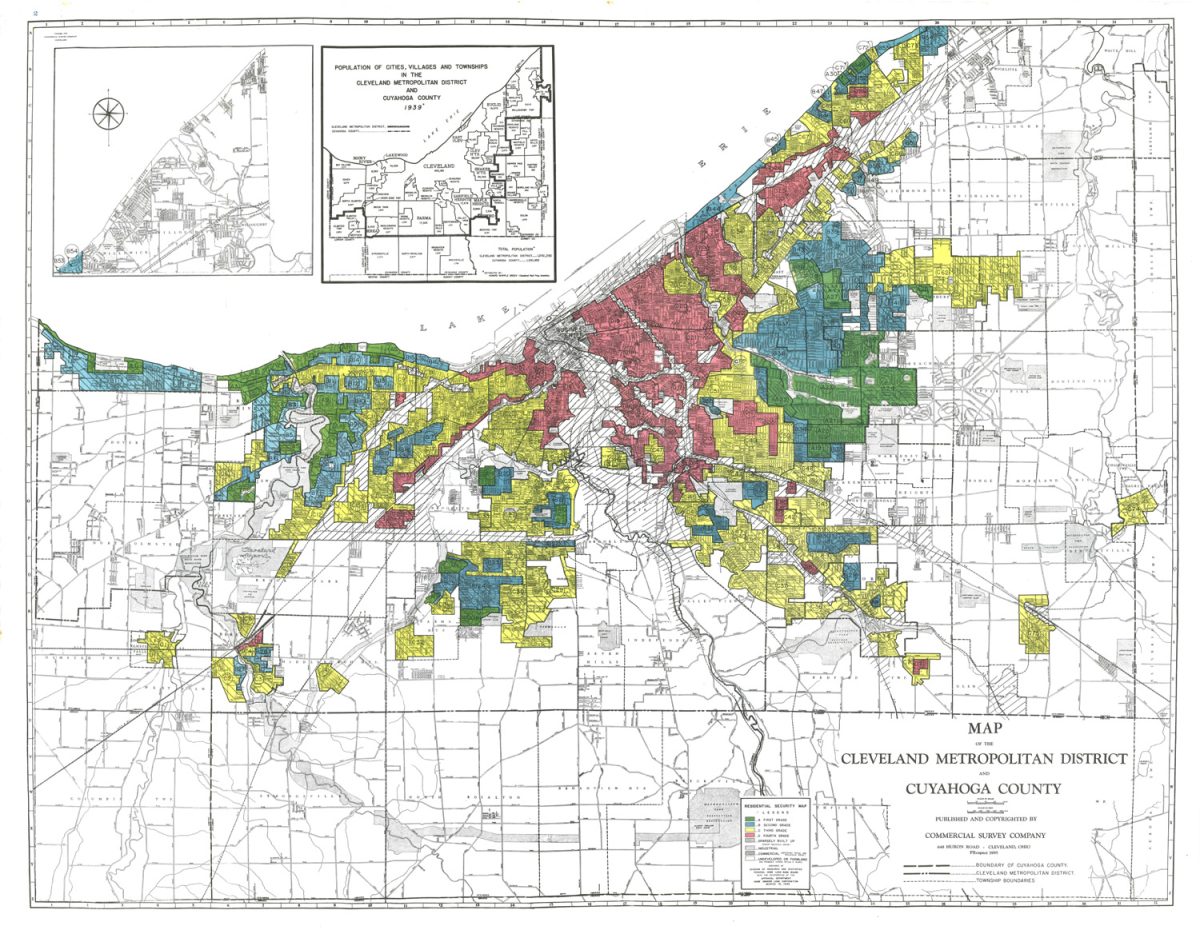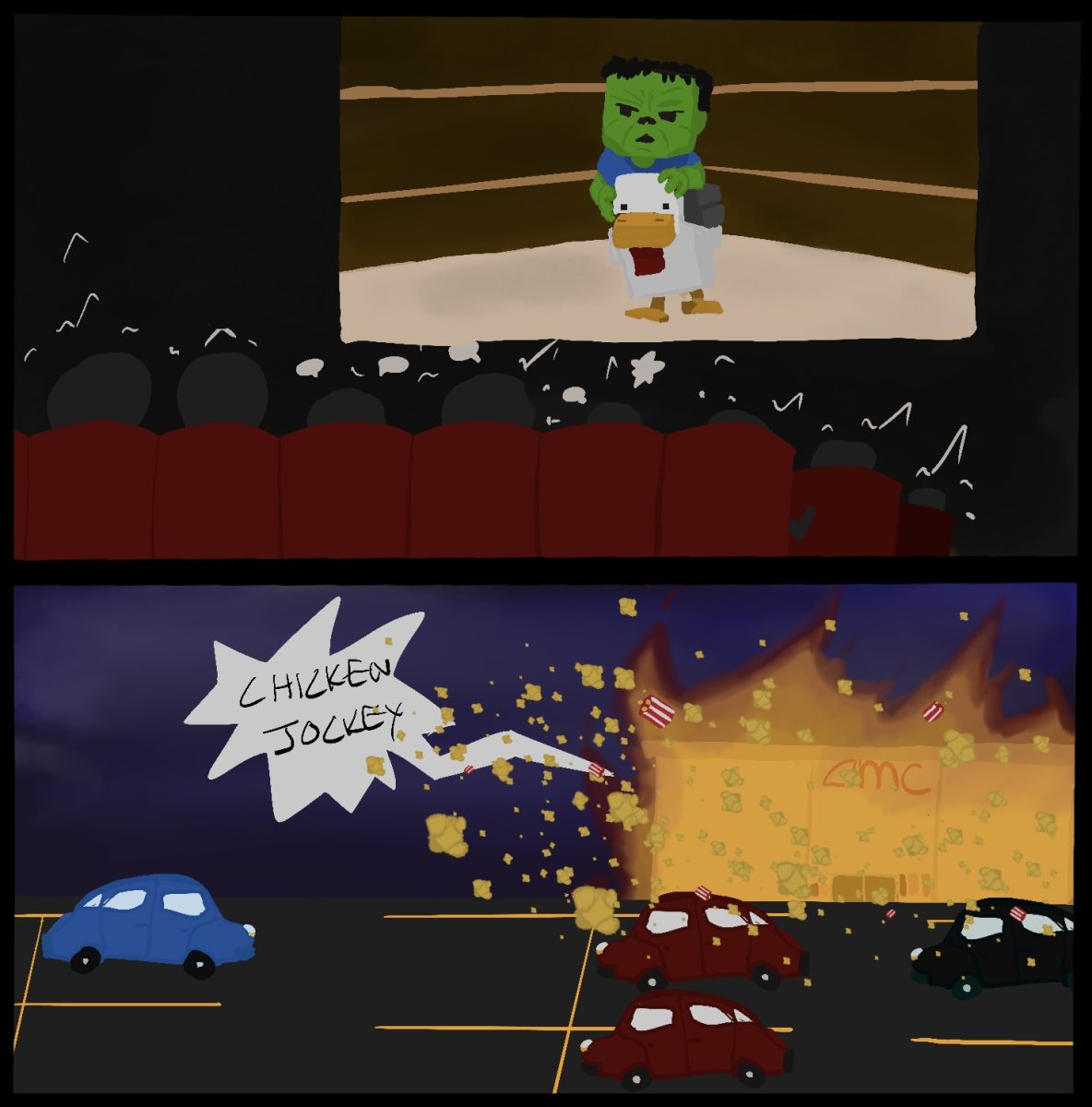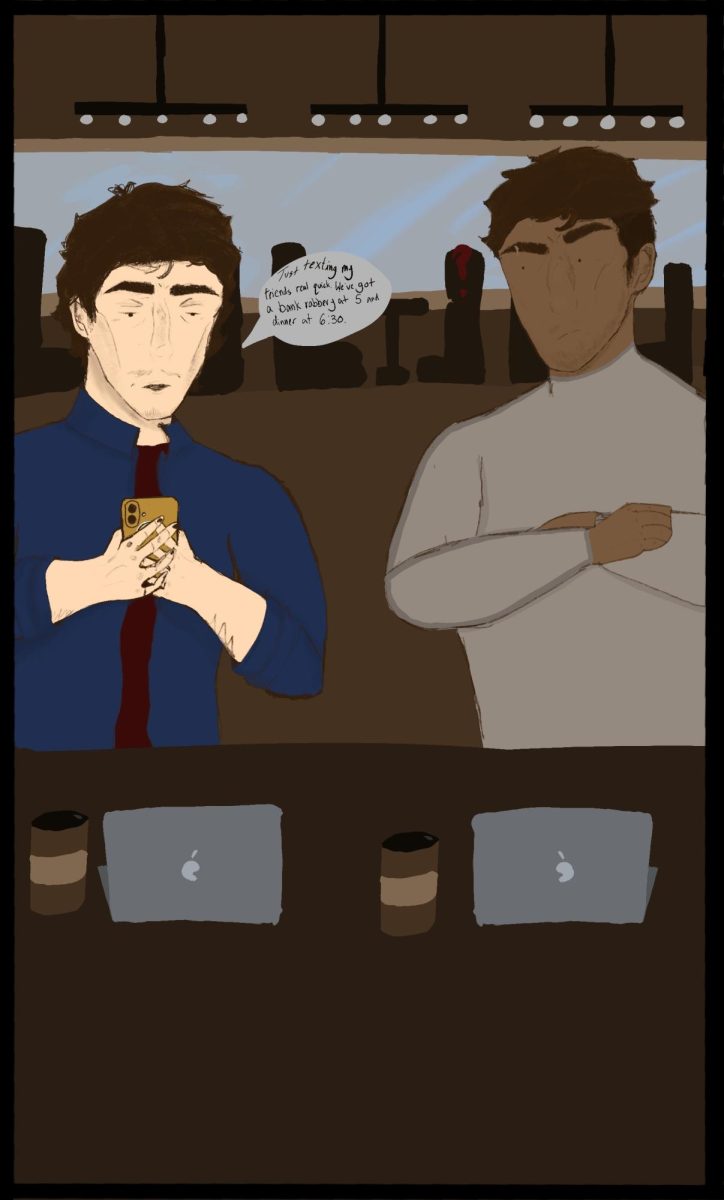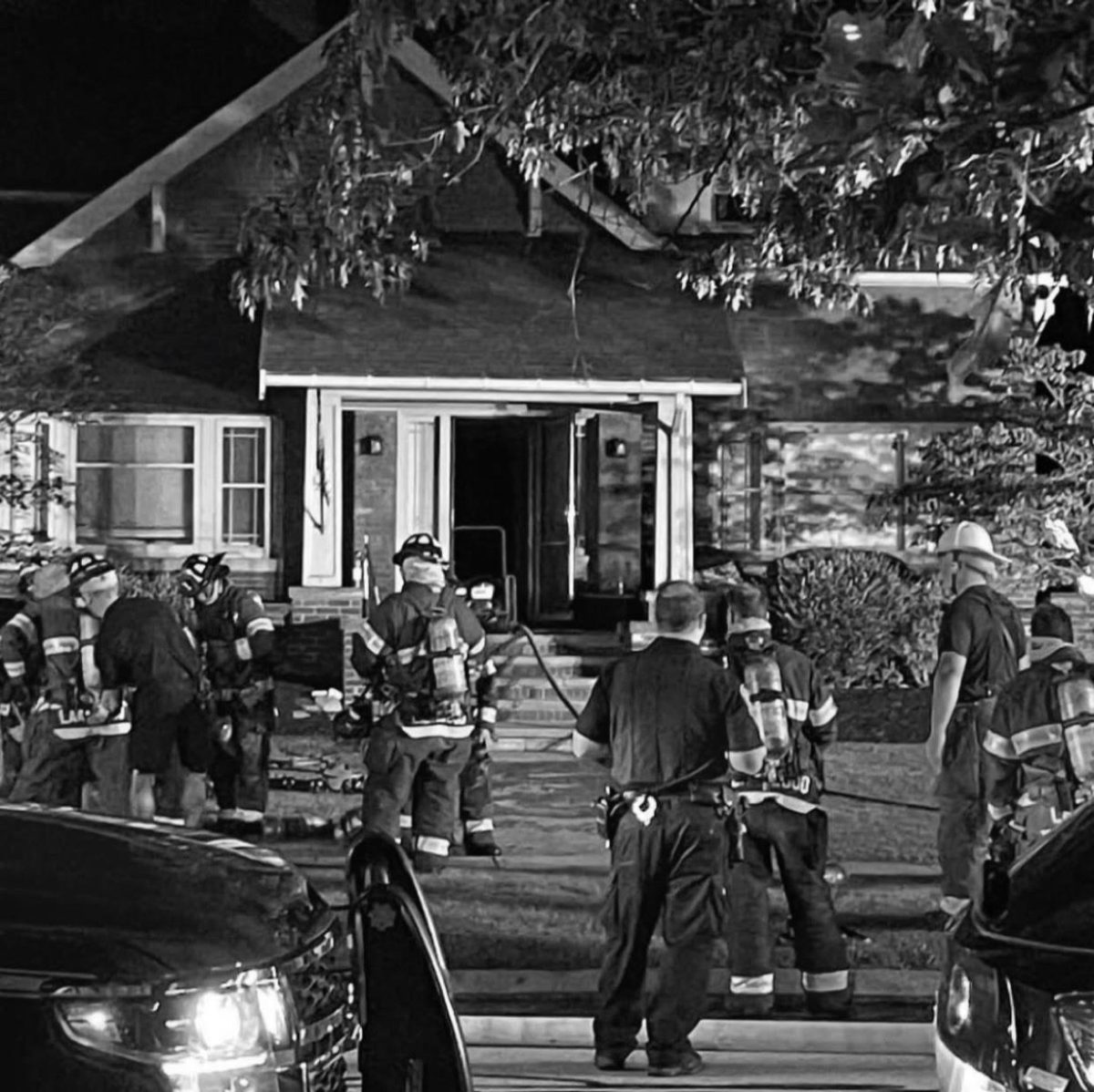Lakewood has long been known as a city that cares. We get this grand enthusiasm not just from our dedicated residents but also from local leaders, or perhaps as some would call them, heroes. These heroes come in many forms—teachers educating young minds, medical professionals tending to the ill, and city workers toiling behind the scenes. But there is one group whose commitment usually remains unseen until we need them most.
Lakewood Police and Firefighters have committed themselves to making our city a place where people can genuinely feel safe and recognized. These everyday heroes guard our communities, whether it be through responding to noise complaints, watching out for speeders, or protecting our homes.
Many people throughout America and beyond have grown accustomed to fearing the police. Uncertainty has long surrounded policing policies, damaging public trust. Lakewood police officers are taking it upon themselves to actively attempt to turn this around by further engaging with the community. Local Police Officer Jonathan Schmitz speaks to this point.
“There’s a lot of people out there that don’t trust us for valid reasons,” Schmitz said. “You know, with the past, and there’s a lot of people that don’t feel safe when we’re present.”
Officer Schmitz’s words demonstrate honesty and recognize the emotional baggage many citizens bear. He acknowledges the past—and its continuing effect on public trust—indicating that the department is not avoiding these concerns.
“We are trying to change that,” Schmitz said. “So, we would want the community officer posts to continue and for them to keep developing and looking for new ways of bridging the gap between the police and the community.”
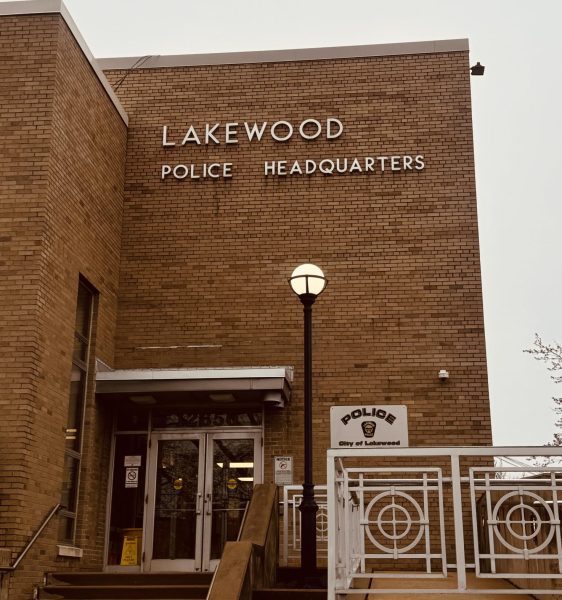
This mindset is a precondition for improvement: for real change to be achievable, there must be an understanding of why this disconnect has happened. Schmitz suggests a shift toward transparency and compassion—two values essential to rebuilding trust between police and the communities they serve.
Schmitz’s focus on expanding community officer roles suggests a wider cultural transformation within the department that values innovation and adaptability. Rather than clinging to traditional models of policing, this approach welcomes officers to become active members of the communities they police.
Looking toward the future, this investment in community policing can shape Lakewood’s future—a future highlighted by improved relationships, improved accountability, and a shared sense of safety. If these efforts keep growing, Lakewood can be a model for twenty-first-century, community-focused policing.
While efforts are underway to rebuild trust between the community and law enforcement, another branch of public service is taking steps as well—this time, inward. Firefighters in Lakewood are finally beginning to receive long-overdue attention for their work’s mental and emotional toll, and programs are now being created to support their well-being.
The Lakewood Fire Department is putting increasing focus on mental health awareness. They realize that there may be a psychological price to pay for being part of traumatic situations, especially when children are involved.
“Mental health is a big push these days. You know, our people see a lot of things, and luckily, we are becoming more aware when there are problems. We do, you know, have families that we go home to as well, and you try not to take any of that baggage home or things that you’ve seen. So I think that’s probably the most challenging part, dealing with trauma” said firefighter John Catani.
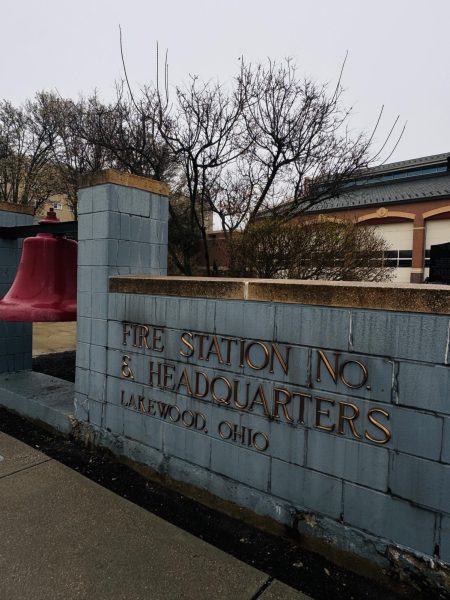
These statistics reflect the dire difficulties firefighters confront—and the lasting trauma that can be created by what may appear to be routine work. Despite this fact, mental health is too often overlooked, in part because others cannot observe the emotional toll of the job. Firefighters are trained to be strong and perform without hesitation, but that expectation can also lead to difficulty in seeking help when they’re struggling.
For others, the impact of the first responders in Lakewood is made real in a single, life-altering instant. A high school freshman, Eden Schroeder, discovered this firsthand when a house fire in July 2021 devastated her family’s home. It was near 3 a.m. when an electrical issue led to a fire that swiftly spread through parts of her family’s home. When smoke filled the air and panic set in, the Lakewood Fire Department responded and acted with precision and haste—rescuing Eden, her parents, and her three older siblings.
“I wasn’t aware of how much firefighters meant until they saved my family,” Eden said. “You learn about them in books or in the movies when you’re a kid, but when they’re actually there pulling you from your house, it becomes more obvious how sincere and brave they are.”
Eden’s ordeal brings a very personal touch to the job first responders do—jobs often overlooked until they touch our lives directly. Her experience underscores the emotional toll such emergencies take not only on the families of the victims but also on the rescuing firefighters. As Eden and her family are still recovering from the experience, the same could be said of the team that struggled to save them and others throughout the community. First responders’ endurance made survival possible—but that endurance can come at a colossal emotional cost.
In sharing voices like Eden’s, we are reminded that the duties of Lakewood’s first responders go well beyond sirens and uniforms. These are people who carry other people’s trauma, at times at the expense of their own well-being. Eden’s gratitude is one that a number of individuals in the community who may not otherwise have had the voice to say it feel: behind every rescue is a responder who deserves not just thanks, but support.

